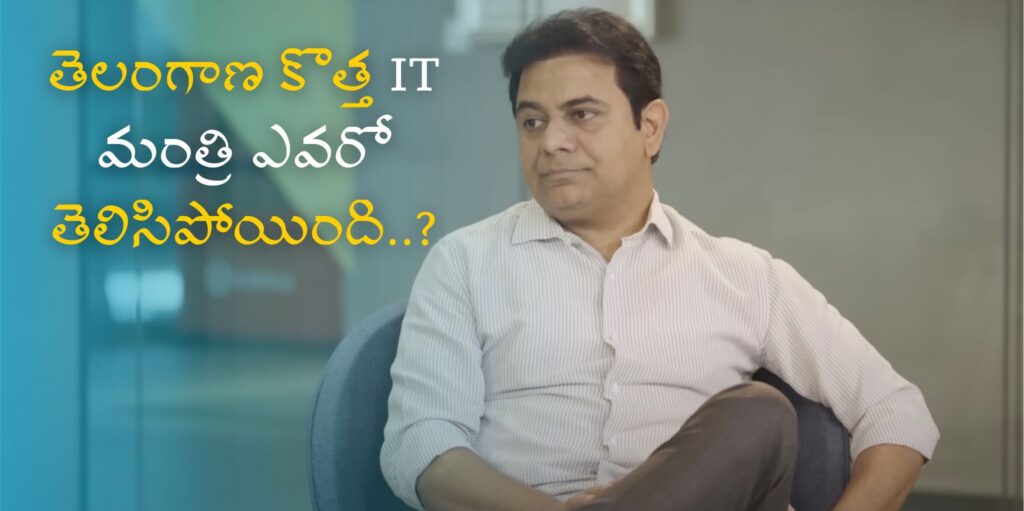Introduction
The world of finance is constantly evolving, and one of the most significant changes in recent years has been the rise of financial technology, or FinTech. FinTech has transformed personal finance in a variety of ways, and one area where it has made a significant impact is in loans, mortgages, and insurance. These three essential aspects of personal finance have been transformed by the intersection of FinTech and are changing the landscape of traditional finance.
Loans:
Traditionally, getting a loan meant visiting a bank or other financial institution, filling out a mountain of paperwork, and waiting weeks for a decision. However, FinTech has revolutionized the loan process, making it faster, more convenient, and more accessible for consumers.
One of the most significant advancements in FinTech and loans is the emergence of peer-to-peer (P2P) lending platforms. These online platforms connect borrowers directly with investors, cutting out the middleman and making the process more efficient. By using algorithms to assess creditworthiness, these platforms can offer loans at competitive rates with lower fees than traditional lenders.
Additionally, FinTech has also made it possible for individuals with little to no credit history to obtain loans. Many FinTech companies use alternative data, such as social media activity and online purchasing behavior, to assess creditworthiness. This approach has been especially beneficial for younger generations who may not have a lengthy credit history but are still financially responsible.
Mortgages:
Buying a home is often the most significant financial decision a person will make, and obtaining a mortgage used to be a time-consuming and complicated process. However, FinTech is changing the game once again by streamlining the mortgage process.
Online mortgage lenders, also known as digital or FinTech lenders, have emerged as a popular alternative to traditional banks. These lenders use technology to simplify the application process, offer competitive rates, and provide faster approval times. Unlike traditional lenders who may require extensive documentation, FinTech lenders can use alternative data to assess a borrower’s creditworthiness, making it easier to obtain a mortgage.
Moreover, FinTech has also increased transparency in the mortgage industry. Online tools and calculators allow borrowers to compare mortgage rates, fees, and terms across multiple lenders, ensuring they get the best deal. This level of transparency has given consumers more control over their mortgage options, making it a win-win situation for both borrowers and lenders.
Insurance:
Insurance is another aspect of personal finance that has been profoundly influenced by FinTech. The insurance industry is known for its cumbersome paperwork, confusing jargon, and long wait times for claims processing. However, FinTech has introduced a new era of digital insurance providers that offer a streamlined and more customer-friendly approach.
InsurTech, the term used to describe the use of technology in insurance, has enabled consumers to purchase and manage insurance policies online, eliminating the need for in-person interactions. This has provided convenience and flexibility to customers who can now manage their policies from their smartphones. Moreover, InsurTech has also resulted in better and more accurate pricing by using algorithms and analytics to calculate risk and provide personalized quotes.
Additionally, FinTech has also made it easier for individuals to understand their insurance policies. With the use of chatbots and other AI-powered tools, customers can get instant answers to their insurance-related queries, eliminating the frustration of navigating through complex insurance terms and conditions.
Conclusion:
The intersection of FinTech and personal finance has undoubtedly transformed the way we manage our money. It has made loans more accessible, mortgages more transparent, and insurance more customer-friendly. While there are still some challenges and regulations to overcome, the impact of FinTech on personal finance is undeniable.
However, it is essential to note that with the rise of FinTech, there are also risks involved. As technology continues to advance, it is crucial for individuals to educate themselves on the potential risks and to exercise caution when using digital financial services. Nonetheless, the constant innovation and evolution of FinTech in personal finance are undoubtedly reshaping the financial landscape, making it more efficient, convenient, and customer-centric for all.


